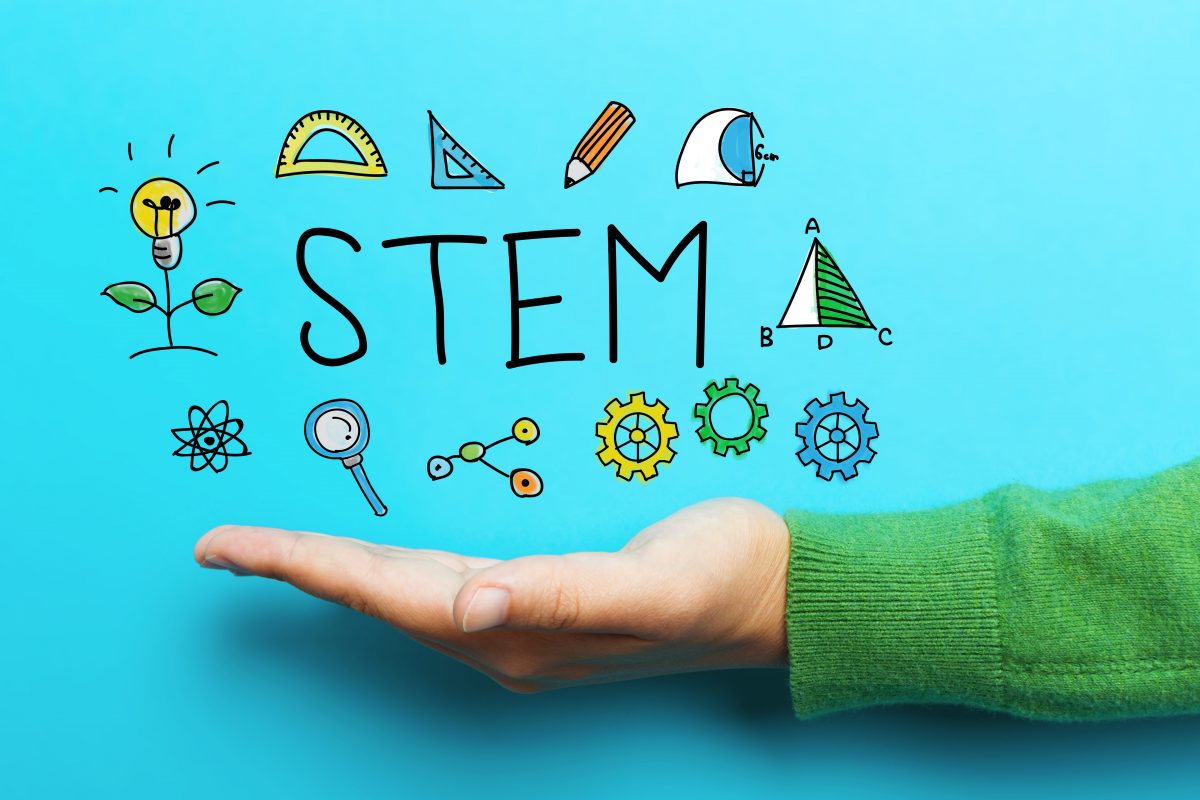
Washington State University’s College of Agricultural, Human, and Natural Resource Sciences recently announced the launch of a mentorship project called BioRISE: Biological Resilience for Indigenous Systems Empowerment in partnership with the University of Idaho.
The program will address challenges threatening long-established communities, foodways, and traditions by working from the cellular to the global scale.
The program will focus on tribally connected research projects, including work on the effect of environmental contaminants on crayfish, a keystone aquatic species, and Indigenous food; research with tribal hatchery managers to understand how warming stream temperatures affect wild salmon spawn rates; and understanding how forest and soil health respond to fire, disease, and pest pressure to identify factors for resilience.
The project received a $3 million grant from the National Science Foundation (NSF) and aims to connect Tribal college graduates with Caucasian science mentors and Native knowledge holders to protect and understand the delicate ecosystems of the Pacific Northwest.
The project will be led by WSU soil scientist Tarah Sullivan in partnership with the Nimiipuu (Nez Perce) and Schitsu’umsh (Coeur d’Alene) Tribes.
It is supported by the NSF RaMP program, launched in 2023, which promotes a competitive and diverse STEM workforce in biological sciences.
The mentorship program’s objective is to recruit 30 individuals who have completed their bachelor’s degree and are interested in building their knowledge base and research skillset to support tribal nation capacity building.
The ideal mentees would be citizens or members of Pacific Northwest nations who are interested in tribally defined research areas and work for nations or organizations serving them.
The selection criteria for additional participants will be based on tribal input.
The mentorship project aims to build tribal capacity, helping budding scientists from tribal communities bridge Indigenous and Western knowledge systems through science, technology, and innovation.
The project leaders will collaborate with nations in co-developing research priorities and design, recruitment, and mentor criteria, which will be finalized over the first year.
The mentorship project will be co-led by Shanny Spang Gion, a visiting tribal scholar at the University of Idaho.
The program aims to uphold tribal sovereignty and self-determination by co-creating projects and shared knowledge systems.
According to Sullivan, associate professor of soil microbiology at WSU’s Department of Crop and Soil Sciences, “Tribal communities have tens of thousands of years of ecosystem knowledge. Among academic scientists, there’s a willingness and desire to ethically engage, collaborate, and work with tribes to create and share new understanding. This program provides resources and builds infrastructure for us to do that together.”
A new program will build capacity to help budding scientists from Tribal communities bridge Indigenous & western knowledge systems through science, technology, & innovation. The mentorship program, funded by an NSF grant, is launching this fall. #GoCougs https://t.co/OfICs7qJaY
— WSU CAHNRS (@wsucahnrs) November 9, 2023
The U.S. Army Corps of Engineers has been tasked with…
Brown and Caldwell, a leading environmental engineering and construction firm,…
Humboldt State University, one of four campuses within the California…